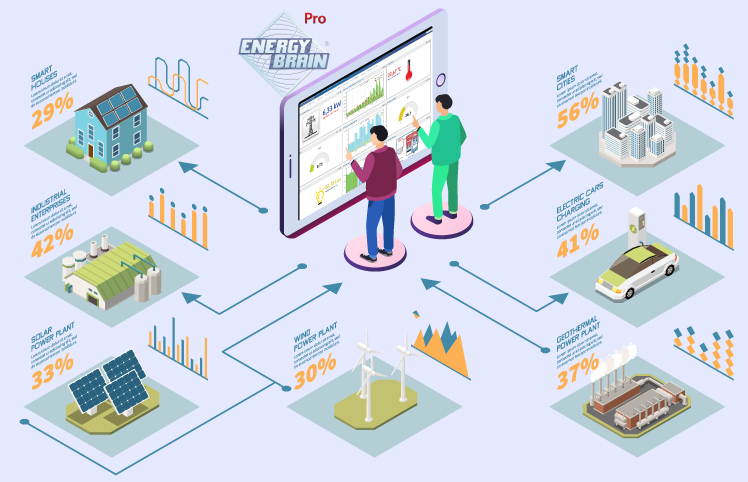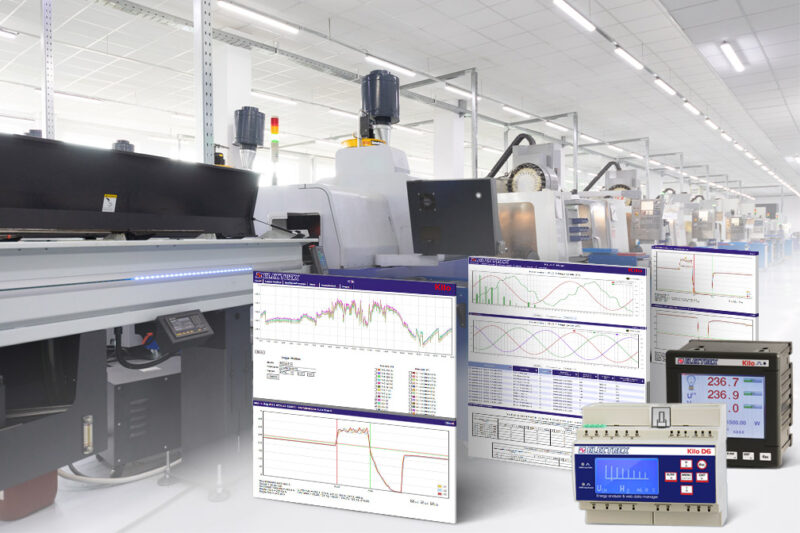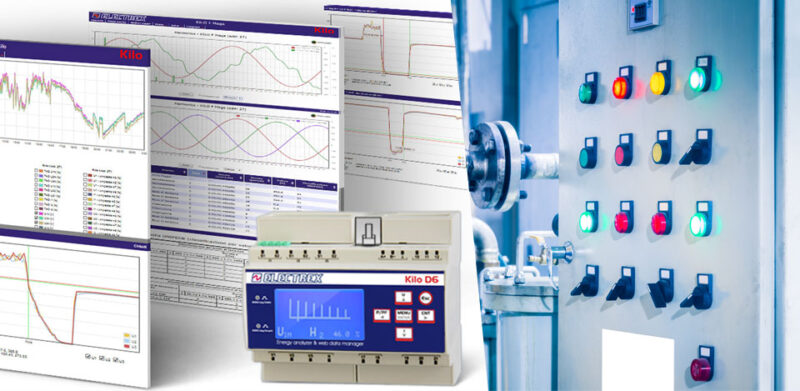How are businesses dealing with the energy crisis?
The general feeling, in the first months of the energy crisis, was that the cost increase would dissolve in a short time. Instead, it did not happen.
Ongoing high prices had an impact on the evaluation of strategic actions that include long-term cost and benefit analysis. In the same time it expedited energy efficiency investments.
The need to promote energy efficiency and to achieve the related economic savings is increasingly urgent, given that energy is becoming more and more precious and less and less accessible.
Indeed, even the less energy-intensive companies, when preparing their strategic plans, are starting again from the energy audits, in order to understand their current state.
The first step is to start a process of continuous improvement aimed at reducing the incidence of energy costs on the product’s total costs.
Therefore the energy audit report today must be more accurate than ever and should lead to tangible improvements.
One of the first steps adopted to control energy cost involves “zero cost” management measures. Starting to question established habits in order to cut waste.
Anyway, after this first step, it is necessary to broaden the horizon as much as possible by going beyond the classic proposals (for example replacing machines with more efficient ones), in order to save energy through more substantial changes.
Why faster action on energy efficiency is needed
The current challenges regarding energy security and energy prices remind us that energy efficiency is more indispensable than ever.
The cleanest, cheapest, most reliable source of energy is what companies can avoid using, while still providing full comfort for their employees and assure the same quality of products.
This avoided energy demand results from a wide range of measures, reflecting the diverse nature of efficiency-related technologies and actions across all sectors.
Elements of avoided energy demand include:
- technical efficiency,
- electrification,
- behaviour change
and other avoided energy demand such as from:
- digitalisation,
- material efficiency,
- and other fuel switching.
Faster action on efficiency-related measures can avoid an extra 95 Exajoules of energy demand by 2030 even as the economy grows. Source: 7th Annual Global Conference on Energy Efficiency – ©IEA 2022




